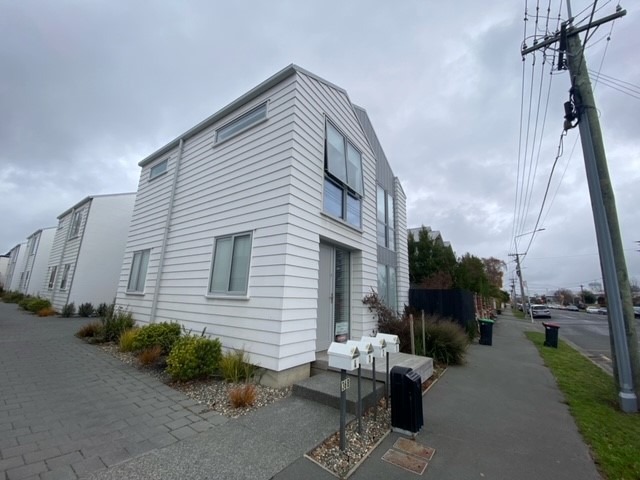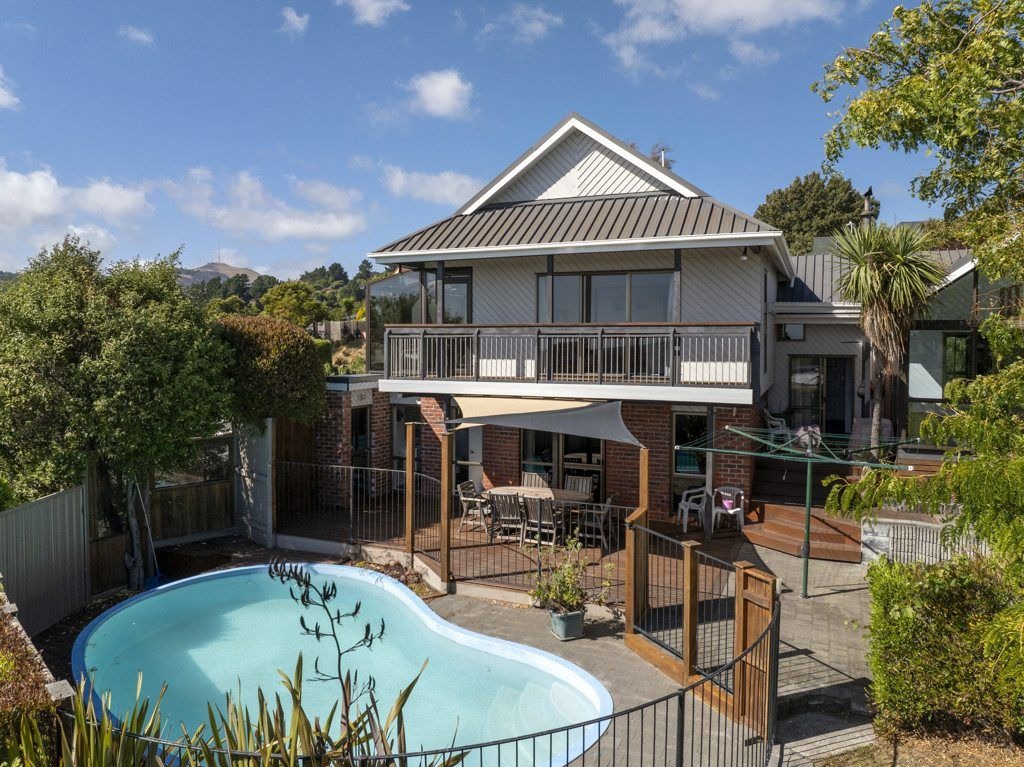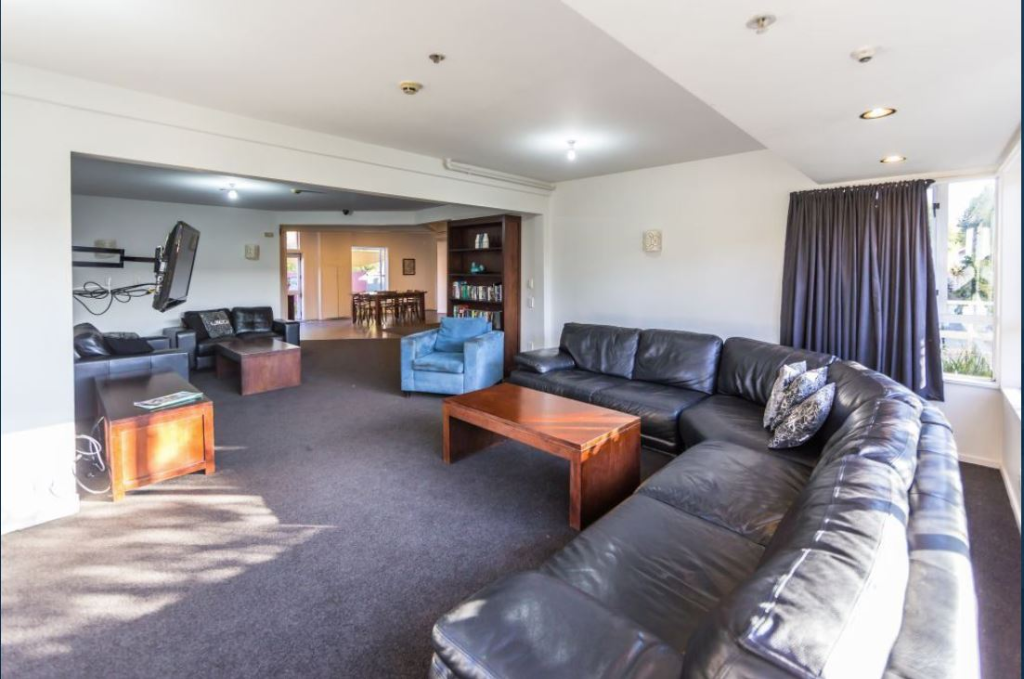

#3 PROPERTY INSPECTIONS
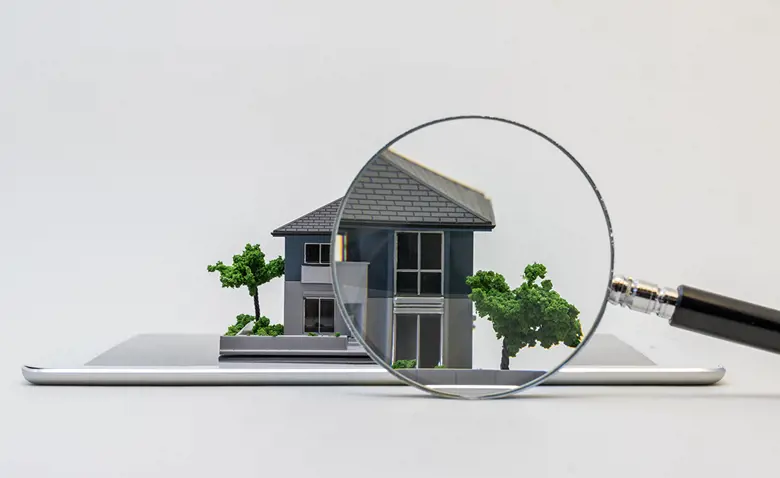
More helpful hints and tips via our Property Management Best Practice Series to help you be a better landlord...
We believe there are four reasons why landlords have a “hit and miss” inspection strategy. One, they believe the tenant is working well. Two, they don’t want to upset the tenants. Three, they want to show the tenant they trust them and so stay away, and four, they know if they do an inspection there is a good chance the tenants will give them a list of problems to fix.
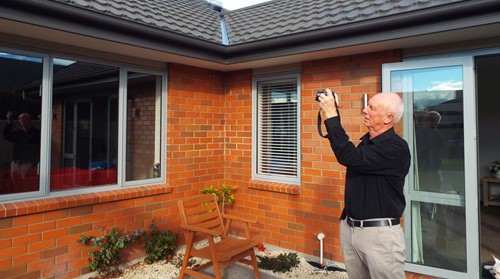
Inspections every three months is most common practice. Legally you can inspect once per month, however you must provide 48 hours’ notice to the tenant of the inspection. Best practice is to give at least 10 days’ notice, this gives tenants two weekends to prepare. To ensure the tenant knows what you expect when you carry out the inspection, outline what you require of them (we send a checklist).
It’s important to ask your tenants to secure any dogs and let them know they don’t need to be home, you can use your key. Ensure you ask before taking photos and note down any maintenance required and act on it promptly while keeping the tenant informed.
Some owners find property inspections awkward so if that’s the case A1 Property Managers can carry these out for you as part of our inspections only service.
Breach of tenancy agreement
A breach could be for not cleaning, not tending the gardens, excessive rubbish, out of control compost or having pets when it isn’t specified in the agreement. If you find yourself up against a breach, here’s what we suggest:
- Discuss the issues with the tenant to get their side of the story. Make sure you are clear about what the tenancy agreement says and what you expect, then give them a chance to rectify the issue. If it’s not sorted by the next inspection, discuss it again informing them you will send a 14 day breach letter and reinspect on the 15th day
- Phone before you reinspect to ensure the job has been done to save wasting your time
- If it hasn’t, you can employ someone at the tenants’ cost to carry out the work or apply to the Tribunal if you are having difficulty getting the issue resolved
Maintenance
Regular property maintenance is key to ensuring your property not only stays in good condition but that your tenants are happy and their home meets the required standards under the Residential Tenancies Act (RTA).
Ensure your tenant can get hold of you easily to report any maintenance required
- Get a good team of tradies on board who you can call on and rely on to act quickly and respect the tenants
- Keep your tenant informed along the way of what’s happening, say a part needed to be ordered or similar, it may take a while to resolve
- As soon as a tenant reports maintenance they are waiting for someone to call them to repair it, if it is electrical or plumbing this should be a 24-48 hour turnaround

Don’t muck around – If you’re on holiday and the tenant calls with a blocked toilet/raw sewerage, do you say, “I’ll sort it in two days when I’m back,” or “I’ll get my cousin to come take a look,” or “I’ll get a plumber to attend immediately”? We hope you’ll always go for the third option and get a plumber out there immediately.
The fussy tenant – one week after moving in, the tenant calls three times to report maintenance – the door won’t shut, the tap is dripping, the carpet is lifting and they want the ceiling painted. Do you A. Rush around and fix these items straight away. B. Tell the tenant you’ve never had such a fussy tenant. C. Ignore the requests. What if the tenant threatens to stop paying rent until these things are fixed? Remember, the tenant who rings up about minor maintenance should be welcomed – they’re doing a great job of caring for your property and will hopefully stay longer.
Know Who Does What at the Tenancy
Often we’re asked who is responsible for what. When it comes to gardening, landlords are responsible for pruning and major garden work, whereas the tenant is responsible for general weeding of the gardens and mowing lawns.
It is up to the landlord to maintain the property to a reasonable standard in respect of the building code, health and safety etc. and the tenant must keep the premises reasonably clean and tidy including cleaning dirtied walls, clearing rubbish away, cleaning the oven and bathrooms etc. The landlord supplies the ability for power to be connected but the tenant pays the connection fee and usage. The landlord supplies gas bottles and the tenant fills them. The landlord is responsible for replacing faulty bulbs whereas the tenant is responsible for replacing missing bulbs – this one catches out a lot of landlords who think the tenants are liable for both.
Resolving Issues
There is a simple process you can follow – you can talk to the tenant, use a 14 day notice, apply to the Tenancy Tribunal or negotiate with the tenant to surrender the tenancy. We always hope that talking to the tenant is all that is required, but it’s not always the case.
Talk to the Tenant
Lay the foundations for a good relationship at the start – show integrity, be available or nominate someone else in your place, be polite and friendly, remember tenants are your customers and most issues are resolved when both parties listen and respect each other.

14 Day Notice
This is a written request for a tenant to fix a problem. You need to clearly state what the problem is and how you expect them to fix it. After 14 days, if the problem is not fixed, you can apply to the Tenancy Tribunal to remedy the situation.
The main notices served to tenants are – 14 days to remedy a breach, notice to enter for inspection/repair, notice to terminate, notice of rent increase, intention to sell, notice the premises has sold.
Tenancy Tribunal Application
You can speed up the process by applying to the Tenancy Tribunal on the same day that you issue a 14 day notice.
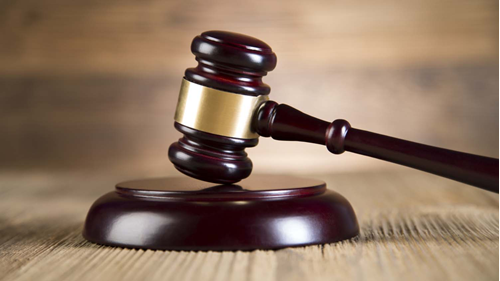
The RTA requires landlords to make applications to the Tenancy Tribunal within two months after a tenancy has ended. If you are awaiting evidence such as invoices to make your claim within this timeframe, we suggest applying with quotes in the meantime and take the actual costs to the hearing. You can apply after two months of the tenancy end date but you would need the tenant’s new address in writing to do so – this can often be very difficult to obtain.
Be courteous during property inspections – give the right notice, your tenant doesn’t have to be there but often they like to attend which is handy to help point out any issues. Choose a suitable time and day and encourage feedback. Always thank your tenant if they’re taking good care of your property, leave a note or a small gift – often we leave a chocolate or similar.
Good luck out there and remember we are only a phone call away and ready to help.

